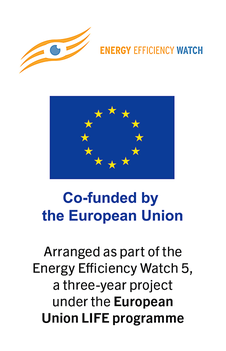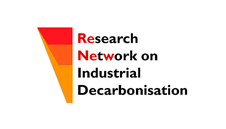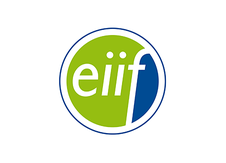Search eceee proceedings
Can energy utilities play a role in local political energy savings programs?
Panel: 1. Programmes to promote industrial energy efficiency
This is a peer-reviewed paper.
Author:
Kasper Dirckinck-Holmfeld, Aalborg University Copenhagen, Denmark
Abstract
Literature points to the existence of a “gap” between potential cost-effective energy efficiency measures and measures actually implemented (the energy paradox). Political actions to close these caps are thus an effective way to reduce GHG emissions. (Thollander, Danestig & Rohdin 2007, Paton 2001, Jaffe, Stavins 1994, Thollander, P. & Dotzauer, E. 2010).
Danish municipalities are increasingly addressing mitigating climate change. In several municipalities, the local business sector counts for a large part of the GHG-emissions (e.g. 59% in Ballerup). Engagement of the local business sector is therefore a central element of the municipalities’ action plans to reduce GHG emissions.
The seven municipalities of the Green Cities have therefore joint forces in an EU LIFE project “Carbon 20” with the object of extending the public-private collaboration on private sector GHG reductions (http://carbon20.t2w.dk/).
One of the central elements in this project is to offer an energy screening free of charge for the participating companies. The seven municipalities have entered agreements with different energy consultants or energy utilities to provide screenings for little or no cost. The consultants can offer this because of a national policy scheme that mandates energy utilities to save energy among their customers e.g. offering energy screenings themselves, or buy identified savings achieved by other consultants.
The national policy scheme has been subject for some preliminary assessments, that concludes a a higle efficient tool (among others Togeby et al. 2009). However its seems as the energyconsultant is rather reluctant to offer the screening to small companies has the savings a rather limited.
This article will focus on the appropriateness of using energy supply companies (or consultants working on their behalf) in a local political context of engaging the local business sector in achieving energy savings and GHG emission reductions.
Downloads
Download this presentation as pdf: 1-006-12_Dirckinck-Holmfeld_pre.pdf
Download this paper as pdf: 1-006-12_Dirckinck-Holmfeld.pdf
Panels of
1. Programmes to promote industrial energy efficiency
2. Sustainable production design and supply chain initiatives
3. Matching policies and drivers: Policies and Directives to drive industrial efficiency
4. Undertaking high impact actions: The role of technology and systems optimisation
5. The role of energy management systems, education, outreach and training
6. The role of financing to improve industrial efficiency, global perspective














